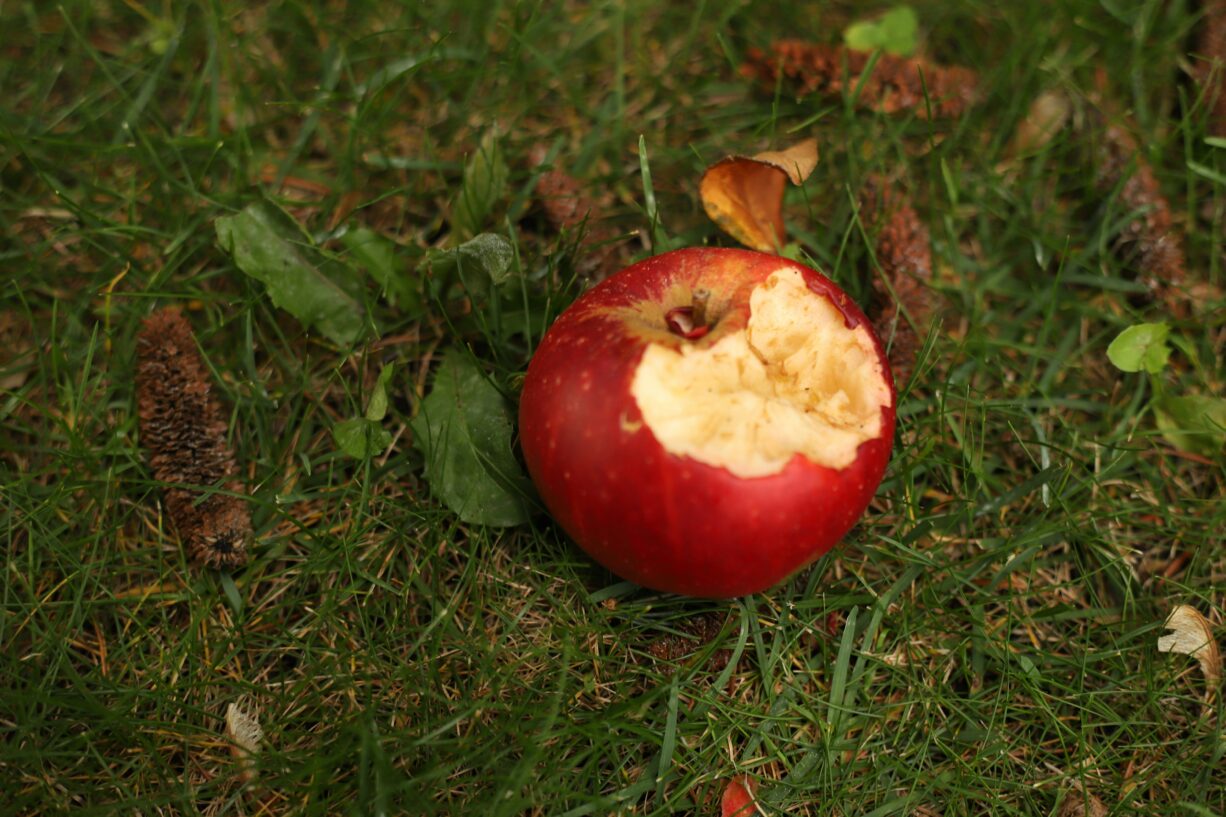
Disappearing Acts
David Ehmcke | Poetry
I’m writing a film about a boy who doesn’t want to be remembered.
Child of the fire in the mouth. Child of the man who spits at the picture
when the credits roll to black. The boy’s face brightens as the sky swirls
violet, a huge spool of iridescent thread pulled and pulled through
the needle’s eye and his. He’s running into the twitchy distance toward
a future where the weird blur of minutes is a pair of forgiving hands.
Crickets dub violins, so there’s no threat in the fictive here where
the field’s a set for one. Boy-shaped clouds overhead, boy-shaped rot
on the leaves, boy-shaped breath in the lungs of the boy make
a makeshift family of sorts as he runs a thumb on a break in the trunk
of an oak, which is a casket, which is a metaphor for the earth
that outlives. Now the off-screen audience wants answers, bored
of filmic meandering. The sudden shift in the soundscape’s not
a hailstorm but the disapproving click-click-click of the critic’s pen
that declares that the movie’s not nice and doesn’t mean. But the details
of the boy’s life are elusive. They’re his. They’re the ectoplasmic smear
on a pebble trail in a forest on nobody’s map. His story’s a real
and treasured fact uncaptured in an increasingly fishy sea. Child
of the archive in the mind. Child who refuses a stranger’s love.
The pooled rain’s fractured mirrorwork refracts twelve selves and none
are him. When he sits beneath an apple tree, he thinks of his mother who
laid apples on the grave of his father. His split lips are still the lips
of the boy who refused his bedtime begging, Tell me another story!
He coughs up a matchstick and like a sullen protagonist takes a drag
of a cigarette. An anthropogenic error in scene after scene of idyllic
green, he’s nobody, a tear in the brocade of a grand camouflage. Terrible
things have happened to him and he won’t tell you any. The point,
he thinks, is not to make an elegant pacifier from the ruin he’s inherited
but to let the glass castle of circumstance stand without standing for. Yet
he knows the eager viewer the future is, like an edgy hunter, hungers
for the dull clap of some forgotten other’s horror. Posterity’s jewel
jangling in his throat, the leading man pleads the fifth in this flick,
which is a drama in which every idea refuses to include you
and you and them and me, and he is not creating a new myth.
He’s tending the speculative web that binds him to history, as he stitches
pieces of the invisible together with his real hands.
David Ehmcke lives in Brooklyn. His recent work has appeared or is forthcoming in The Drift, The Missouri Review, Image, EPOCH, The Adroit Journal, MAYDAY, bodega, and like a field. David’s chapbook, Broken Lyre, is the editors’ selection in Quarterly West’s 2025 Chapbook Contest and will be published by them in the coming year.
